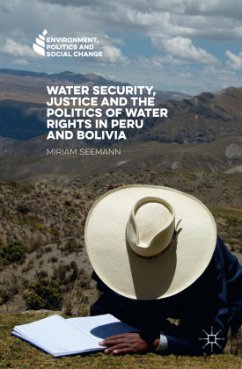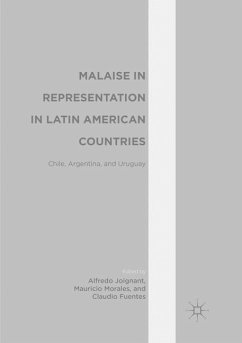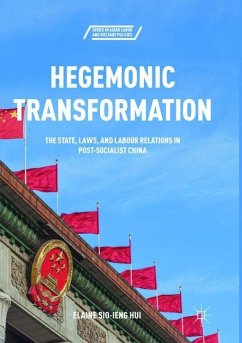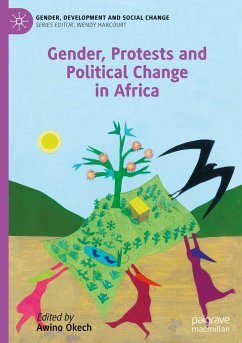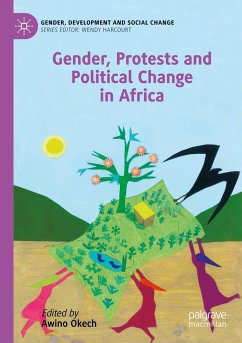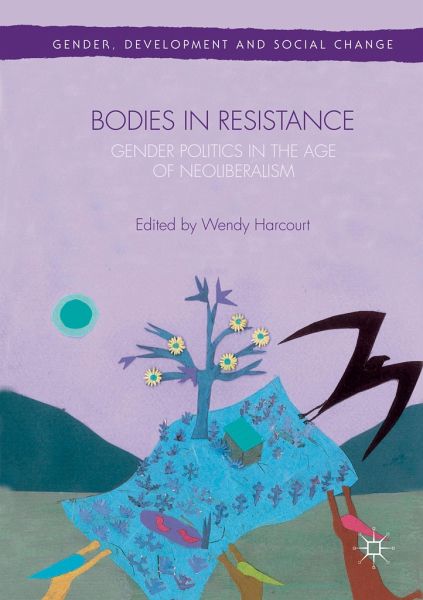
Bodies in Resistance
Gender and Sexual Politics in the Age of Neoliberalism
Herausgegeben: Harcourt, Wendy
Versandkostenfrei!
Versandfertig in 6-10 Tagen
76,99 €
inkl. MwSt.

PAYBACK Punkte
38 °P sammeln!
As part of the emerging new research on civic innovation, this book explores how sexual politics and gender relations play out in feminist struggles around body politics in Brazil, Colombia, India, Iran, Mexico, Nepal, Turkey, Nicaragua, as well as in East Africa, Latin America and global institutions and networks. From diverse disciplinary perspectives, the book looks at how feminists are engaged in a complex struggle for democratic power in a neoliberal age and at how resistance is integral to possibilities for change.In making visible resistances to dominant economic and social policies, th...
As part of the emerging new research on civic innovation, this book explores how sexual politics and gender relations play out in feminist struggles around body politics in Brazil, Colombia, India, Iran, Mexico, Nepal, Turkey, Nicaragua, as well as in East Africa, Latin America and global institutions and networks. From diverse disciplinary perspectives, the book looks at how feminists are engaged in a complex struggle for democratic power in a neoliberal age and at how resistance is integral to possibilities for change.
In making visible resistances to dominant economic and social policies, the book highlights how such struggles are both gendered and gendering bodies. The chapters explore struggles for healthy environments, sexual health and reproductive rights, access to abortion, an end to gender-based violence, the human rights of LGBTIQA persons, the recognition of indigenous territories and all peoples' rights to care, love and work freely. The book sets outthe violence, hopes, contradictions and ways forward in these civic innovations, resistances and connections across the globe.
In making visible resistances to dominant economic and social policies, the book highlights how such struggles are both gendered and gendering bodies. The chapters explore struggles for healthy environments, sexual health and reproductive rights, access to abortion, an end to gender-based violence, the human rights of LGBTIQA persons, the recognition of indigenous territories and all peoples' rights to care, love and work freely. The book sets outthe violence, hopes, contradictions and ways forward in these civic innovations, resistances and connections across the globe.







